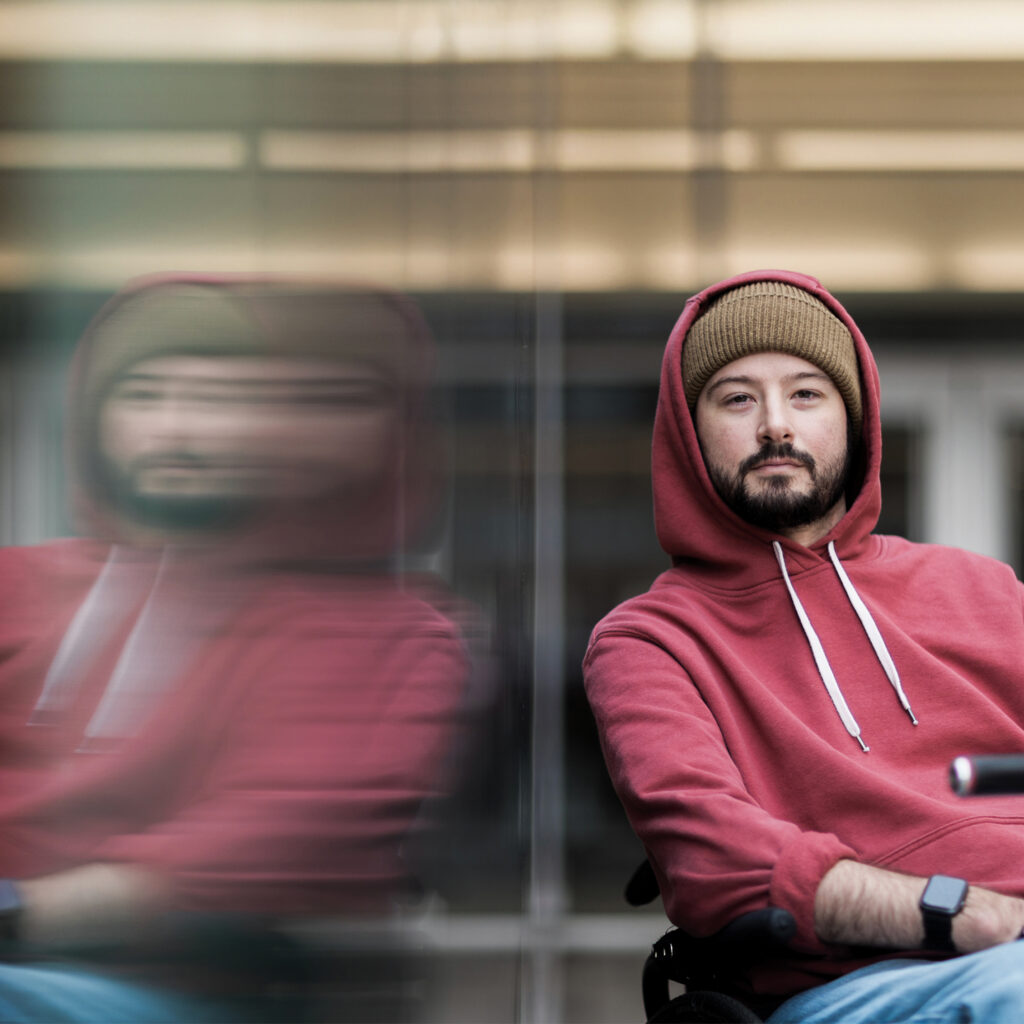A life-altering accident forced Beau Hayward to confront his future — and profound barriers

In the summer of 2018, Beau Hayward sustained a spinal cord injury after diving into a lake at a friend’s cottage. Miraculously, he survived, but his mobility was significantly limited. Yearning to gain independence and purpose, Hayward decided to pursue a degree in history and archaeology at the University of Toronto’s Woodsworth College.
“After my accident, I promised myself that I would set out to do something with meaning, something I love,” he says. He enrolled in Woodsworth College’s academic bridging program to get started. The program – which he calls a “lifesaver” – gave him the skills and confidence to take his education further. He graduated in 2024 with a BA in history and is pursuing a master’s at the Faculty of Arts and Science.

